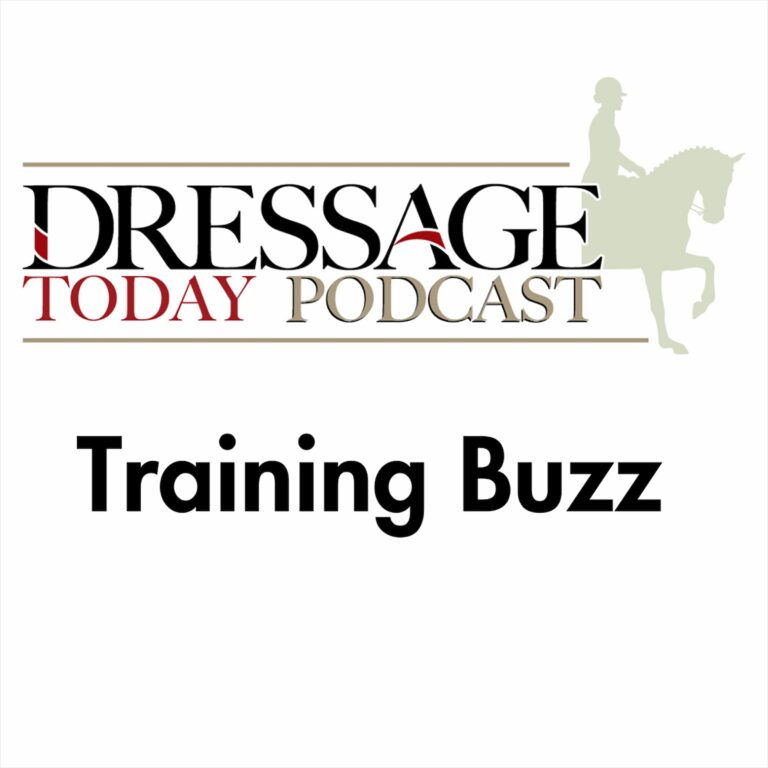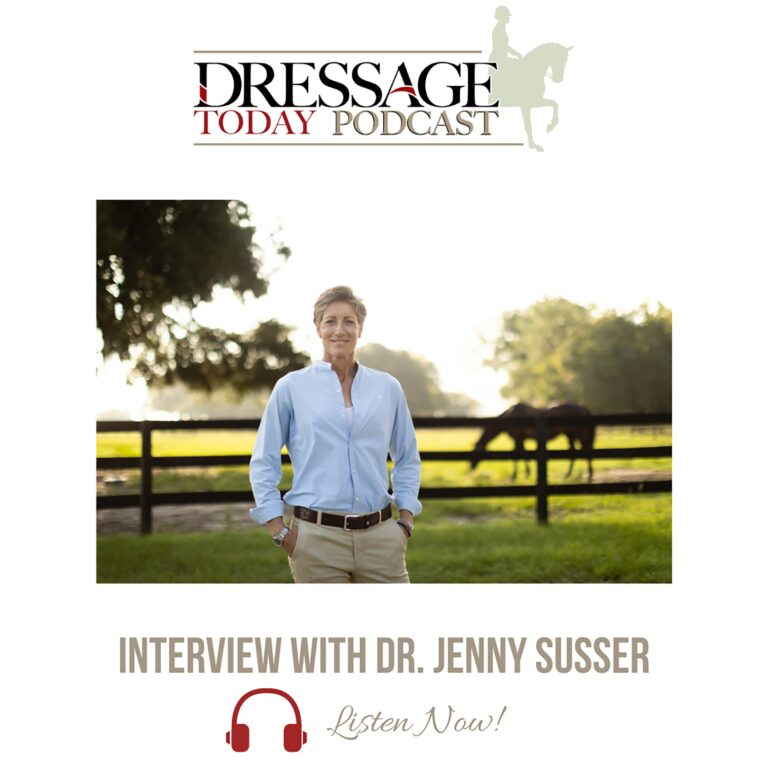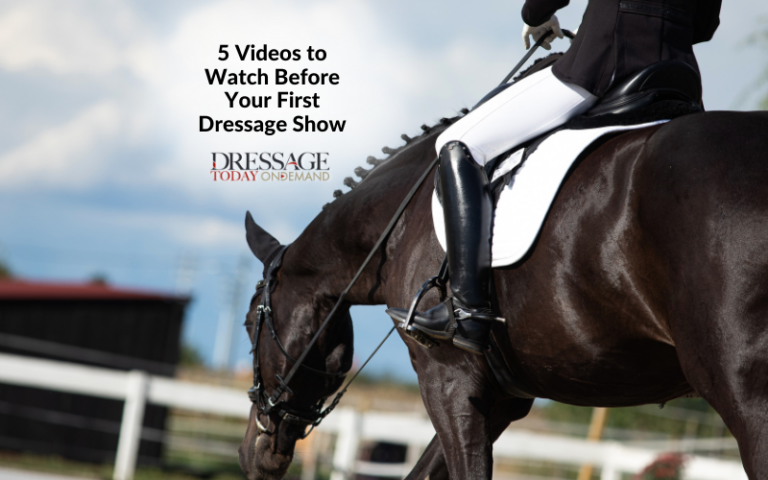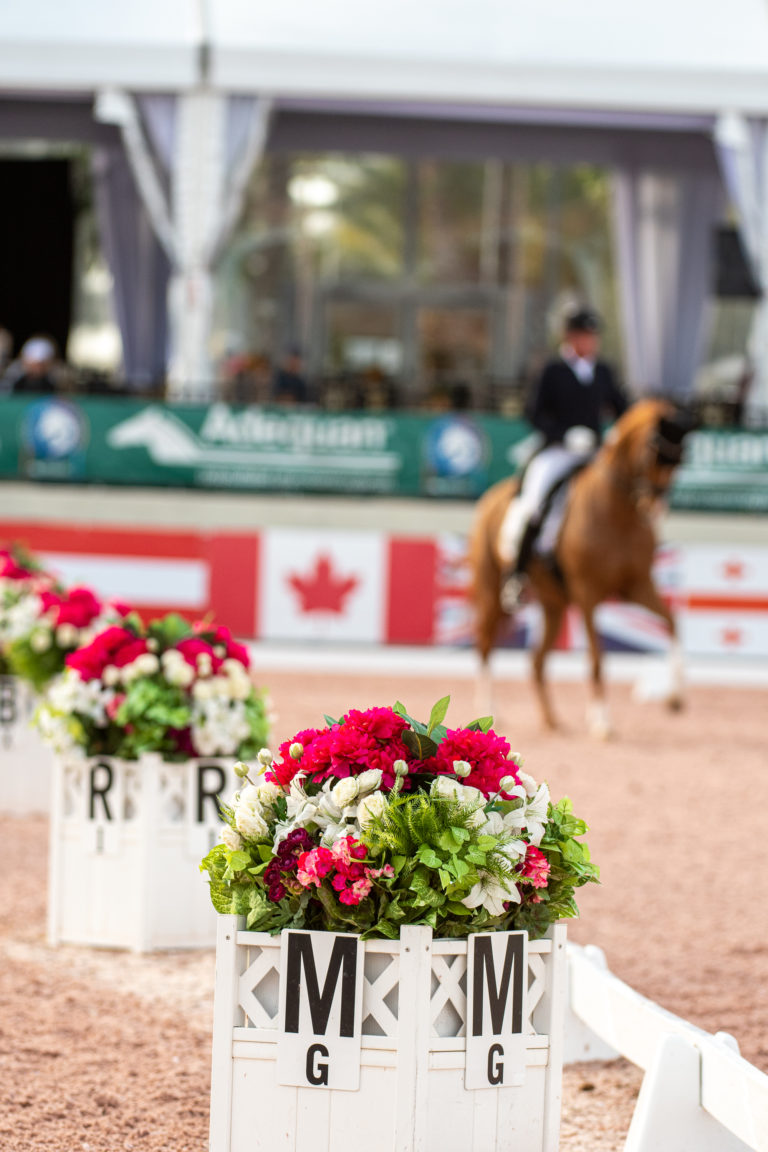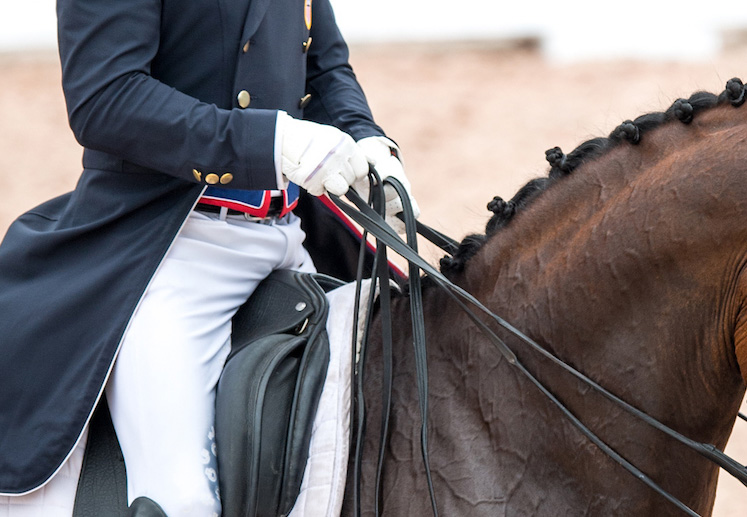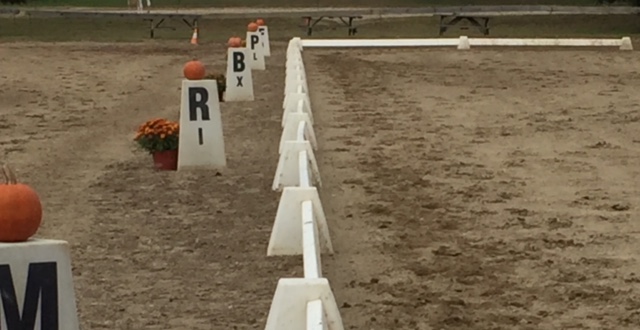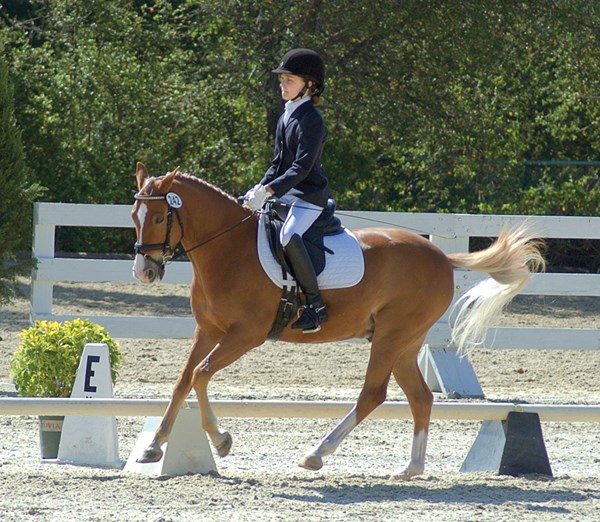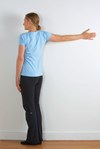Q: I feel emotionally and physically drained when I compete. Instead of feeling energized like some competitors, I feel like I deflate. How can I find positive energy on the day of a show?

A: The answer to this question is really about energy and how your thoughts drive how you feel. We would all like to think about competing as a wonderful icing on the cake for the long hours we’ve spent training, but the reality can be much less glamorous. Many Adult Amateur dressage riders are not lifelong competitors and don’t have years of experience going to horse shows, making them fun and easy. Add to this having to ride in front of a judge, and it’s enough to crumble any fantasy and become exhausting. From a sport psychology perspective, it’s all about the preparation.
Believe it or not, you can feel physically drained when you are mentally or emotionally spent. Think about how much energy it takes to be nervous—it is actually very taxing. When our nerves ramp up, our bodies respond with a symphony of chemicals, all of which cost the body energy. As a result, we don’t think as clearly and we waste a tremendous amount of energy running around, trying to get organized, looking for our sunglasses that are on our head and so on. So the preparation needs to include more than just the riding part. It has to encompass everything: physical, mental and emotional aspects. It’s a common conundrum: We don’t like to even think about a show because it makes us nervous but we need to think about the show in order to get less nervous!
Start with your strengths, not your weaknesses. Begin thinking about a show months in advance. The extra time helps it not feel so real or pressing and allows you to begin to plan and prepare for what will make you feel nervous. Always spend more time thinking about the things that go well, that your horse does well and that you and your horse enjoy doing together.
Spend less time thinking about the stuff that doesn’t go as well. I know, weird advice, but while it’s seemingly illogical, it is really powerful. Worrying does not ever improve the result. You must actually do the physical work to fix the problem that worries you, whether it is half pass or trailer-loading, instead of just thinking about it. We get stuck in the negative thoughts in a mental effort to fix them. But obsessing over what could go wrong is not a mental fix. You can only address the negative feelings by learning, trying, failing and practicing. When you dwell on the things you are worried about, instead, it ends up just being a form of mental and emotional torture.
Thoughts and feelings are like your index finger and thumb—they work together. So, in order to feel better, you have to think better, and when you feel better, your energy is better.
I love lists. Make a few lists in your show preparation. First, write a list for what often goes well for you on a show day. You can have this handy for when you can’t get out of a cycle of negative thoughts. Second, make a list of what you would like to improve so you can form a plan for how to work on it. Third, make a list about what you absolutely cannot change. This will help you stay grounded in reality. Last, make a list of all the little things you love about being with your horse. These should be super-good thoughts to help create super-good feelings.
These lists should become living documents for you to help strengthen the good thought patterns and organize the stuff to work on. The lists will change and grow as you move stuff from the “work on” list to the “good at” list and then add more to the “work on,” which will eventually move to “good at.” That’s the great thing about dressage—you can always keep adding things to work on.
Jenny Susser has a doctoral degree and is licensed in clinical health psychology, specializing in sport psychology. A four-year all-American swimmer at UCLA, she swam on two national teams and at the 1988 Olympic Trials. She has worked with athletes of all sports and ages—collegiate, professional, international and amateur. She was the sport psychologist for the 2010 WEG South African Para-Dressage Team and the 2012 U.S. Olympic Dressage Team. Dr. Jenny is also a performance coach with Human Performance.


